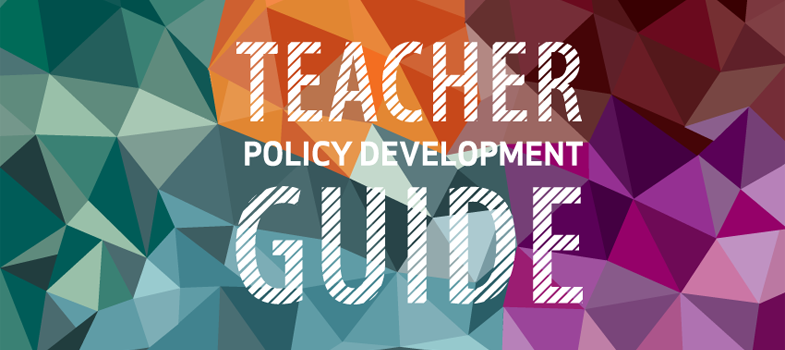2.2.1 Vision or mission statement and objectives
A teacher policy needs at least a brief statement of what it is about and why it is important, setting some overarching objectives that map out directions and defining where the country or system wants its teaching profession to be at some point in the future. Three key concepts should prevail in objective-setting:
- Teacher effectiveness
- Teacher motivation
- Teacher professionalism.
The ultimate objectives are universal access to education of the highest quality possible by all citizens of society, even the most marginalized. Based on evidence from many countries, teachers are the single most important factor determining whether those objectives will be achieved (at least in terms of factors that can be influenced by education policy-makers). Teacher effectiveness is therefore a crucial part of the mission statement.
Effectiveness can be defined in terms of achieving certain learning targets, both statistical (100% literacy) and less tangible (thoughtful and engaged citizens), ‘adding value’ to the work of previous educators (including families and communities), or outlining the key teacher dimensions that reportedly affect effectiveness (see Chapter 3). Whatever the values assigned to these indicators, it is important to define the policy’s mission in a way that ties teachers’ work to the basic and universal educational objectives (Moon, 2013: 22–25; OECD, 2005: 30–33; World Bank, 2013).
Teachers’ motivation to do the best job they can with the training and tools at hand is a crucial building block of effectiveness. No amount of teacher education or material incentives to perform well will compensate for unmotivated, disinterested individuals in a teaching and learning situation (although both are critical dimensions of the question – see Chapter 3). Thus, a teacher policy should define a general objective to achieve maximum motivation (and its other dimensions, i.e. dedication to tasks and to learners) for all who enter teaching (Bennell, 2011).
A third guiding principle in the policy’s mission statement/ objectives should be maximum levels of teacher professionalism. ‘Professionalism’ has many dimensions, the most important of which are arguably high standards of education/training, job skills, fulfilment of duties and responsibilities, and a maximum amount of autonomous decision-making. Even – or especially – in education systems that are missing one or all of these factors (for example, due to high numbers of poorly qualified teachers or strict control of teachers’ work through top-down supervision and standardized testing), a good teacher policy will set its own objectives at the highest professional level (ILO/ UNESCO, 1966: Arts. 6, 61–63, 66, 71–73).
2.2 Foundations and guiding principles for a teacher policy
